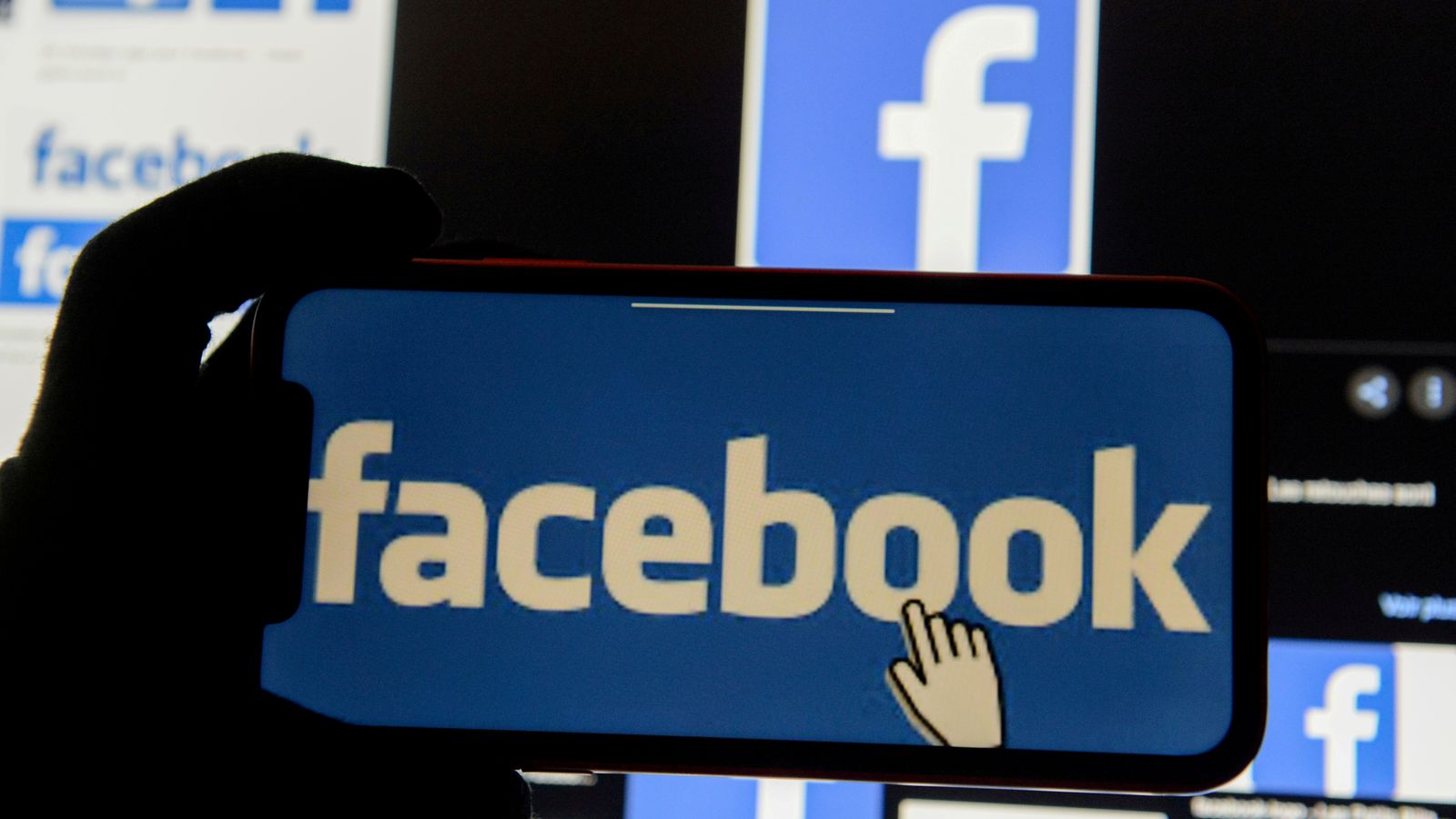A whistleblower who leaked a stash of internal Facebook documents alleging the company knew its products were fuelling hate and harming children’s mental health has accused the social media giant of choosing “profit over safety”.
Frances Haugen, a former product manager at Facebook, revealed her identity in an interview that aired on Sunday on CBS’ 60 Minutes and claimed the social media giant prematurely turned off safeguards designed to combat misinformation after Joe Biden defeated Donald Trump in last year’s elections in a moneymaking move.
She said the move contributed to the storming of the US Capital on 6 January.
Ms Haugen also claimed a change to the content flow in Facebook’s news feeds in 2018 led to more divisiveness and ill will.
She said although the new algorithms were sowing discord, they helped to keep people returning to the social media platform, allowing the California-based company to sell more digital ads.
“The thing I saw at Facebook over and over again was there were conflicts of interest between what was good for the public and what was good for Facebook,” she said.
“And Facebook, over and over again, chose to optimise for its own interests, like making more money.”
Gloria Estefan reveals she was sexually abused aged 9
Facebook pauses Instagram Kids app after pushback to give them ‘time to work with parents and experts’
Facebook denies internal research shows Instagram is ‘toxic’ for teenage girls
Facebook’s annual revenue more than doubled from $56bn (£41.4bn) in 2018 to a projected $119bn (£88bn) this year, based on estimates of analysts surveyed by FactSet.
The company’s value has leapt from $375bn (£275bn) at the end of 2018 to nearly $1trn (£750bn) now.
Even before the full interview was aired on Sunday, a top Facebook executive said Ms Haugen’s allegations were “misleading”.
Nick Clegg, the company’s vice president of policy and public affairs, said in a memo sent to Facebook employees on Friday: “Social media has had a big impact on society in recent years, and Facebook is often a place where much of this debate plays out.
“But what evidence there is simply does not support the idea that Facebook, or social media more generally, is the primary cause of polarisation.”
It comes after The Wall Street Journal published an expose in September that revealed Facebook’s own internal research had concluded its new algorithms had contributed to political dissent along with mental health and emotional problems among teenagers, especially girls.
The reports were based on internal documents that showed the company knew more about the negative impact of its products than it publicly claimed.
Ms Haugen had copied thousands of pages of Facebook’s internal research and leaked them to the paper in what became known as the Facebook Files.
Facebook asserted the paper had cherry-picked the most damaging information in the documents to cast the company in the worst possible light.
The company has not disputed the authenticity of the documents, however Mr Clegg has previously claimed that the Journal’s articles contain “deliberate mischaracterisations of what we are trying to do, and conferred egregiously fake motives to Facebook’s leadership and employees”.
During the 60 Minutes interview, Ms Haugen said: “No one at Facebook is malevolent.
“But the incentives are misaligned, right? Like, Facebook makes more money when you consume more content.
“People enjoy engaging with things that elicit an emotional reaction. And the more anger that they get exposed to, the more they interact and the more they consume.”
Ms Haugen will testify before the US Congress on Tuesday.






















